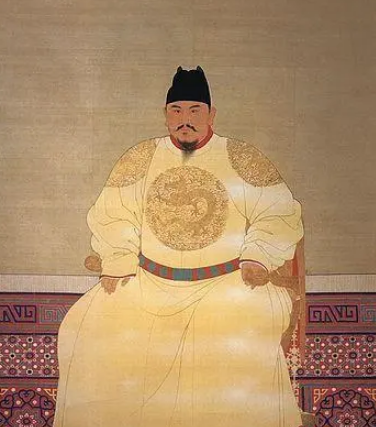The event of the Three Kingdoms dividing Jin during the Spring and Autumn Period marked a turning point for the country of Jin as it moved from the Spring and Autumn Period towards the Warring States Period. Although on the surface, it appeared that the three kingdoms of Han, Zhao, and Wei had divided up the territory and power of Jin, the biggest beneficiary of this historical process was actually the state of Qin.

Firstly, from a geographical perspective, Qin was located to the west of Jin, sharing a long border with the latter. Before the division of Jin, the relationship between Qin and Jin was sometimes tense and sometimes eased. However, after the division, the once-unified Jin was split into three independent states: Han, Zhao, and Wei. This undoubtedly weakened the pressure faced by Qin, as the scattered enemies made it easier for Qin to adopt strategies of differentiation and disintegration, attacking them one by one.
Secondly, from a political perspective, the division of Jin led to a reshuffle of power in the Central Plains region. The once-powerful Jin no longer existed, and was replaced by the relatively weaker states of Han, Zhao, and Wei. This change provided opportunities for Qin to expand its influence. Through military campaigns and diplomatic means, Qin gradually annexed parts of the territories of Han, Zhao, and Wei, strengthening its own national strength.
Thirdly, from a military perspective, after the division of Jin, there were constant conflicts and disputes among the three states of Han, Zhao, and Wei. Qin exploited this opportunity to launch multiple wars and achieve a series of victories. For example, Qin successfully captured the Hexi region in its struggle with Wei, further consolidating its position. These military victories not only brought land and population to Qin but also enhanced its military prestige.
Lastly, from a long-term perspective, the division of Jin laid the foundation for Qin's unification cause. During the Warring States Period, Qin gradually emerged as a powerful state and ultimately completed the unification of the six states. It can be said that the division of Jin provided the conditions for Qin's rise, making it the first unified feudal dynasty in Chinese history - the Qin Dynasty.
In summary, although the direct participants in the division of Jin were the three states of Han, Zhao, and Wei, from an overall historical perspective, the biggest beneficiary was Qin. Through geographical advantages, changes in the political landscape, military victories, and opportunities for long-term development, Qin successfully capitalized on the historical event of the division of Jin, laying the foundation for its own rise and unification cause.
Disclaimer: The above content is sourced from the internet and the copyright belongs to the original author. If there is any infringement of your original copyright, please inform us and we will delete the relevant content as soon as possible.































